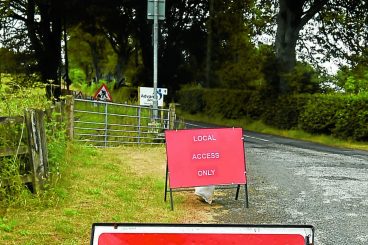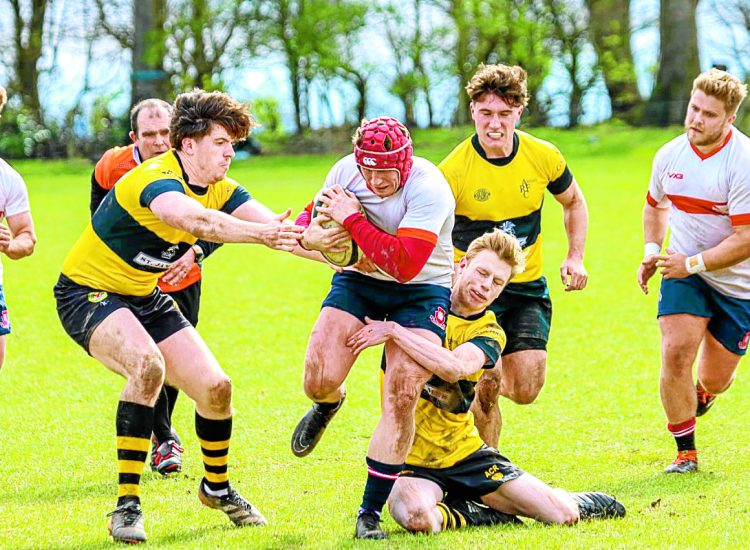Education officials want to put in place a new framework, setting out the key principles of partnering and making all arrangements equitable across Dumfries and Galloway.
And it’s likely to mean the end of triple clusters, where three schools share a headteacher.
The new guidance would also mean that schools of over 100 would be removed from partnerships, while combined rolls in a partnership will in future not exceed 100.
Geographic distance will be another factor, with no distances of over 20 miles between linked schools.
Addressing councillors last Thursday, head of education John Thin said new rules are needed because the current situation is ‘inequitable’ for some schools and heads.
He said: “This will pull together a template. We can look at every school under the same microscope and have an objective view rather than a subjective view of arrangements.
“It’s almost like we need to run everybody through the computer and see what comes out the other side.
“Ultimately there has to be some sort of framework. Decisions will be made through the framework that will be applied across all our schools.”
Explaining more about issues related to triple clusters, he said: “Part of the
challenge we have noticed is headteachers of triple schools having three sets of expectations, three sets of aims for the different schools and three very different contexts.
“It’s extremely challenging and we want to see this as part of the support for our headteachers too and make sure the job is doable. It’s not to say the heads haven’t done a fantastic job of being able to pull these things together but it does take its toll.
“The demands on headteachers have to be as equal as they can.”
Mr Thin is keen to look at how services can be delivered differently to make the best use of resources.
He said: “This allows us the opportunity to be reactive, move, adapt the service rather than have to go through that world of pain of having that very localised conversation.”
Councillors agreed to a period of engagement, with the results and any cost implications due to be reported in May.
Council leader Elaine Murray stressed it should be ‘good engagement’, warning: “One of the things that will worry people is the description about being told what’s going to happen to them.
“It could be quite counterproductive if it looks like it’s something done by officers and elected members and schools have not had any say.”
However, Mr Thin stressed consultation already took place in 2012-13 when clustering was initially set up and said this will be discussions with headteachers and parent councils.
He said: “We will engage with them but cannot consult with them again because we will get a thousand different answers.
“We have to be really clear on the consultation word, it’s been, done and gone. We can have conversations at local level about the most appropriate partnerships but ultimately officials have to have that ability to make that decision.”
Any changes could be put in place immediately or when certain trigger factors kick in.
And Mr Thin said: “It might mean some schools currently in a partnership might not be in future.”
























